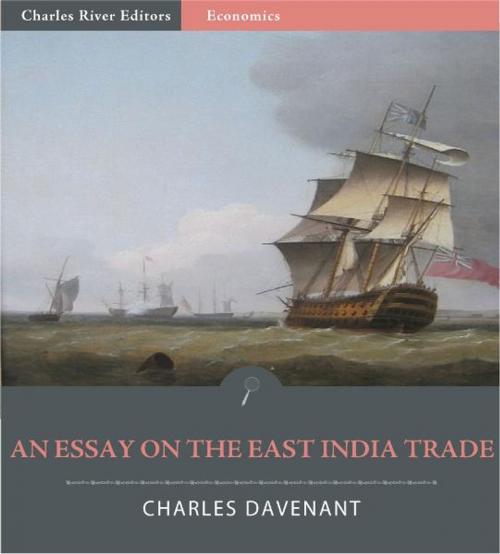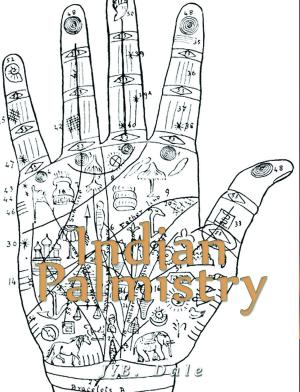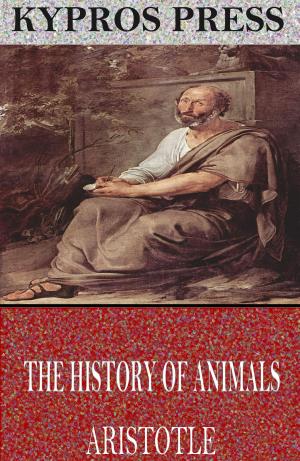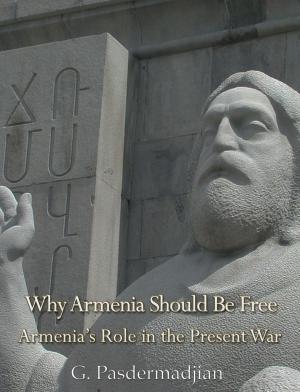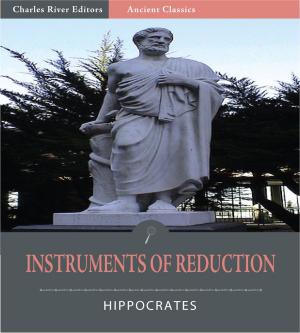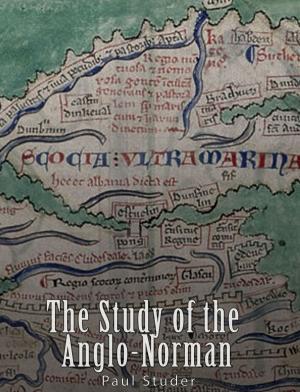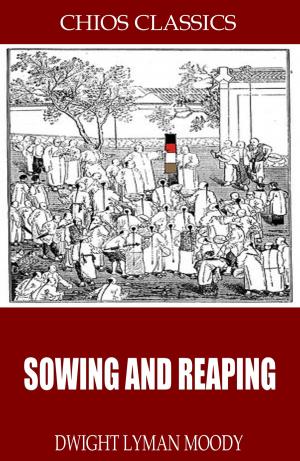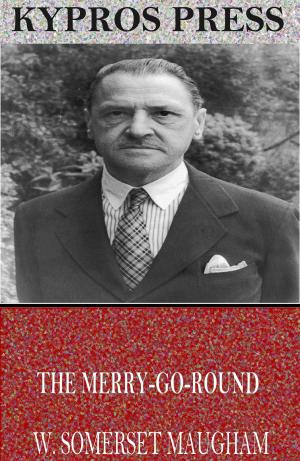| Author: | Charles Davenant | ISBN: | 9781619825819 |
| Publisher: | Charles River Editors | Publication: | January 24, 2012 |
| Imprint: | Language: | English |
| Author: | Charles Davenant |
| ISBN: | 9781619825819 |
| Publisher: | Charles River Editors |
| Publication: | January 24, 2012 |
| Imprint: | |
| Language: | English |
Charles Davenant (16561714) was an English economist and the eldest son of Sir William Davenant, a renowned poet. He held the post of commissioner of excise from 1683 to 1689, and that of inspector-general of exports and imports from 1705 till his death in 1714. He was also secretary to the commission appointed to treat for the union with Scotland. As an economist, he was a strong supporter of the mercantile theory, and in his economic pamphlets (as distinct from his political writings) he takes up an eclectic position, recommending governmental restrictions on colonial commerce as strongly as he advocates freedom of exchange at home. Davenant is also credited with being the first to discuss the concept of Balance of Trade as being an important part of the financial health of a country. The foundation of the idea is that importing more goods than were exported would create an outflow of currency. He proposed in An Essay on Ways and Means of Supplying the War in 1695 that export surplus was the best way to finance the war. In 1696 he published Essay on the East India Trade in which he opposed the protection of English Textiles against Indian competition on the grounds that commerce with East India improved Britains balance of trade, and he refuted the arguments of the protectionists with further applications of the balance of trade concept.
Charles Davenant (16561714) was an English economist and the eldest son of Sir William Davenant, a renowned poet. He held the post of commissioner of excise from 1683 to 1689, and that of inspector-general of exports and imports from 1705 till his death in 1714. He was also secretary to the commission appointed to treat for the union with Scotland. As an economist, he was a strong supporter of the mercantile theory, and in his economic pamphlets (as distinct from his political writings) he takes up an eclectic position, recommending governmental restrictions on colonial commerce as strongly as he advocates freedom of exchange at home. Davenant is also credited with being the first to discuss the concept of Balance of Trade as being an important part of the financial health of a country. The foundation of the idea is that importing more goods than were exported would create an outflow of currency. He proposed in An Essay on Ways and Means of Supplying the War in 1695 that export surplus was the best way to finance the war. In 1696 he published Essay on the East India Trade in which he opposed the protection of English Textiles against Indian competition on the grounds that commerce with East India improved Britains balance of trade, and he refuted the arguments of the protectionists with further applications of the balance of trade concept.
